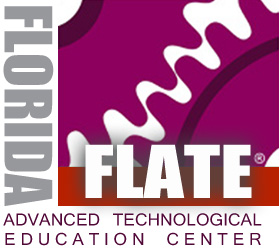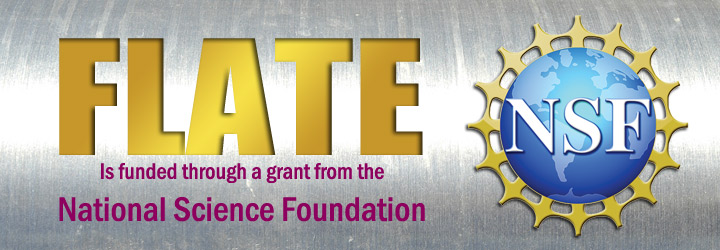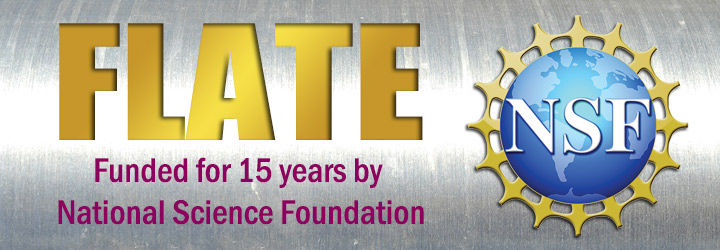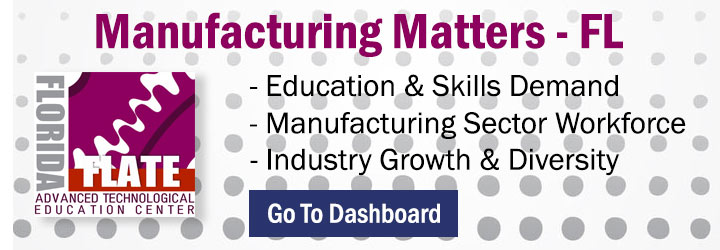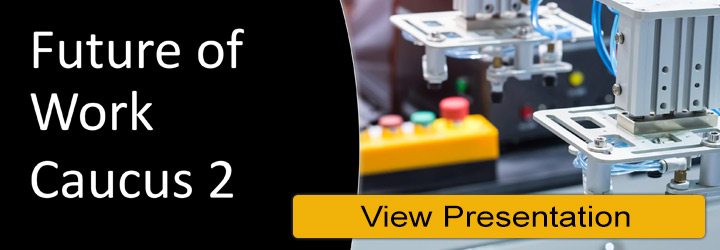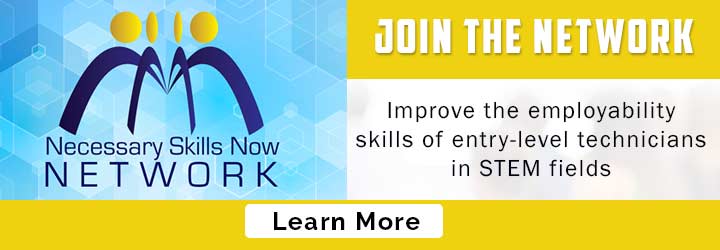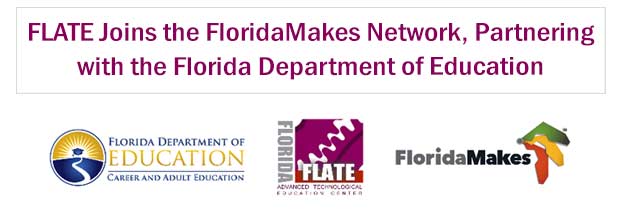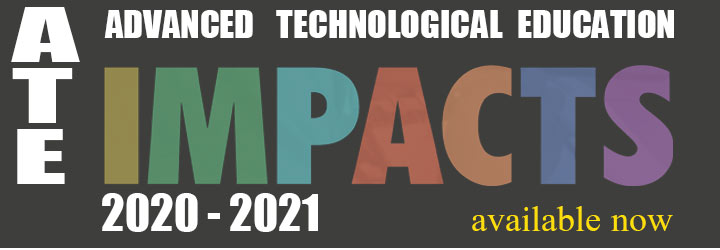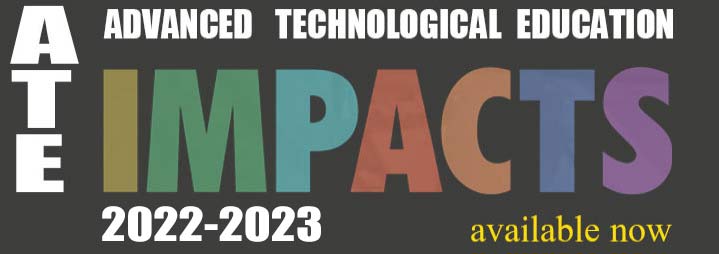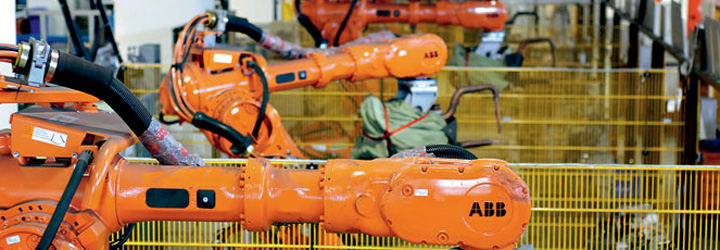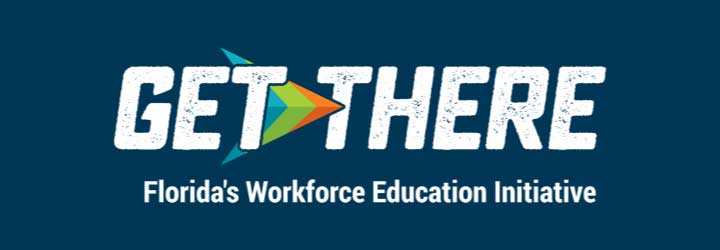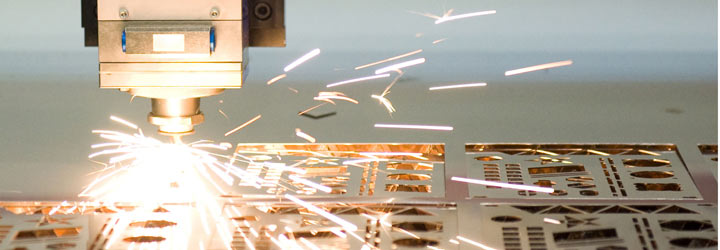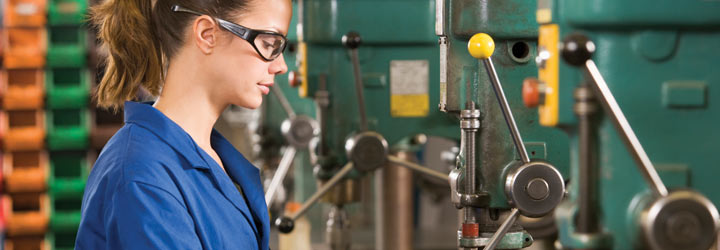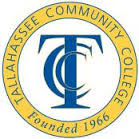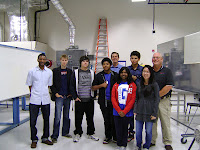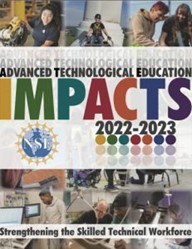NSF-funded Technology Grant Helps High School Students Gain Industry Credentials
Technological Education (ATE) centers of excellence housed at local state and community colleges has taken a leading role in spearheading initiatives to educate and train the next generation of high-tech workers. Most recently NSF awarded the Students in Engineering Technology (SET) grant to Tallahassee Community College (TCC). The SET is a two year, $199,565 grant that was awarded on June 30, 2012. The goal of the SET project is to address industry’s needs by producing highly skilled and educated technicians who are prepared to enter and succeed in the field of engineering technology (ET). Bruce Batton, program manager for engineering technology program at TCC says a significant component of the grant also encompasses giving students, at the high school level, additional options to earn an industry credential that they can use to find employment, or pursue a two and/or four degree.
program was engineered to support implementing FLATE’s ET career pathway at TCC by adapting exemplary educational materials, courses and curricula developed in conjunction with FLATE. Using a 2+2+2 model, the program articulates into the two year A.S.E.T degree at Tallahassee Community College (TCC) from Godby, Leon and Wakulla high schools and from TCC to a four-year institution (FSU College of Engineering or Daytona State College). The core courses align with the Manufacturing Skill Standards Certification (MSSC) Certified Production Technician certification, with dual enrollment courses being offered at Wakulla High School in Fall 2013, and at Godby High School in Spring 2014. “We mapped it out so that if a student enters a dual enrollment program, say over summer, they can complete all the courses and assessment for the MSSC and gain 18 credit hours that they can use towards an A.S. degree in engineering technology” Batton said.
Indeed students, educators and industry all stand to benefit from the initiative. Immediate impacts include development of a career pathway in engineering technology with specialization in manufacturing that leads to
a diverse population of students entering the program at many different stages. Batton says the initiative has spurred a synergy between educational institutions to brainstorm ideas on developing an impetus to get students engaged and move beyond normal classroom activities by showcasing and experiencing real-world applications of what they’re learning in the classroom. High schools, community colleges, four-year institutions and employers will be connected through educational, co-operative education, internship, and job opportunities. Activities will involve workforce development initiatives; maintaining close interaction with employers; broadening the participation of underrepresented groups; advance efforts to create systemic educational change at the secondary and undergraduate levels, and ensuring sustainability of products and services. In all, the initiative stands to boost confidence of local industries in terms of “providing skilled technicians that they can rely on to design a product and build it, and potentially expand operations.”
